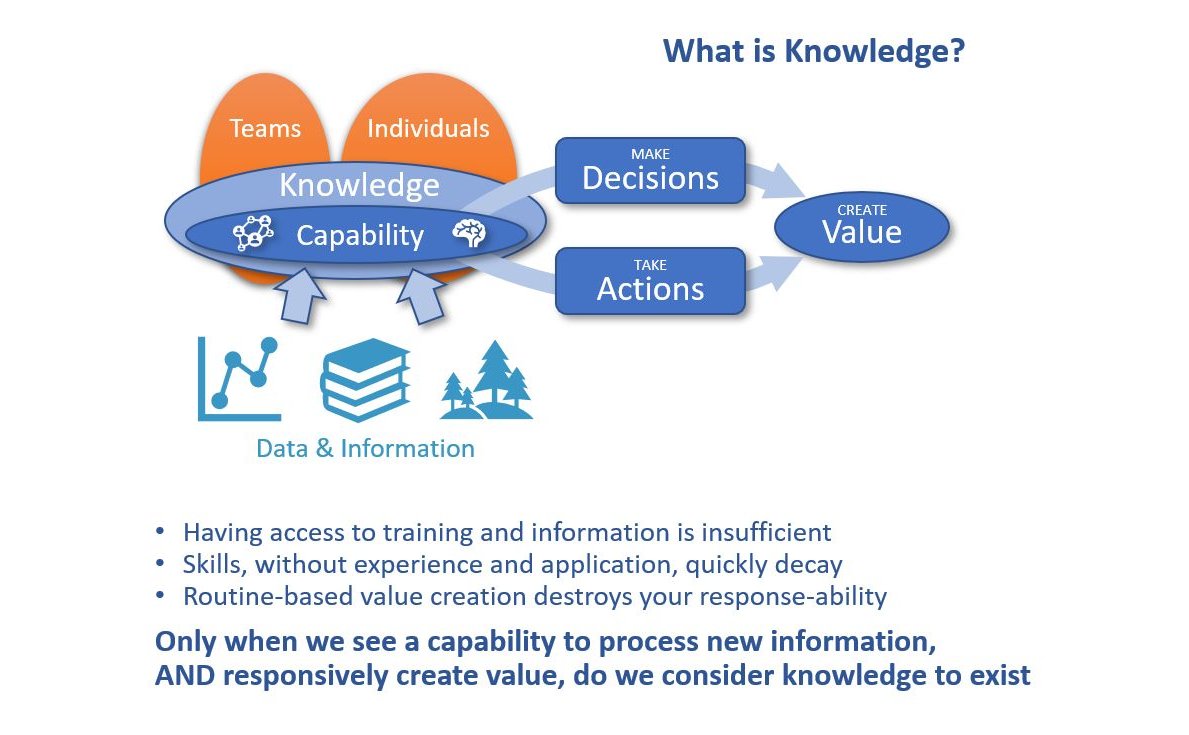
How does academic research cross the chasm
Originally posted on The Horizons Tracker.
There is a persistent lag between research being published by universities and that knowledge finding its way into practice in our organizations.
A recent study from researchers at the University of Melbourne and the University of Oxford suggests that more institutional support is required to shrink this gap.
Helping research find its way into practice
“Our study reveals how the most effective leaders ‘unstick’ research by actively ‘being the knowledge’,’ the researchers say.
“They create emotional engagement and ‘buy in’ by subtly disrupting their teams and organisations to turn research into industry impact.”
The authors studied the behaviors of 137 senior managers in a number of leading companies in the UK health industry. They were particularly keen to monitor how managers were using academic research in their daily life and decision making processes.
Being a change agent
The analysis revealed that the key was to have a so called knowledge leader who took great pride in applying their learnings to their particular environment and acting as the agent for change.
Of course, as I’ve identified previously, that being that kind of person is not without risk and trying to drive change is often considerably easier said than done.
“Knowledge leaders are few and far between, but their leadership is key to moving research across university and industry boundaries,” the paper says.
Not all research is equal
Of course, previous studies have revealed that not all studies disseminate as quickly as others. Its authors set out to explore why it was that some research seemed to blaze a trail from the minute the ink was dry, whilst others labored away in obscurity for decades before then suddenly taking off.
It found that papers in physics and maths would commonly take the longest to cross over into mainstream adoption.
The authors contend that the largest number of sleeping beauties occur in fields where a jump into a new discipline is made. For instance, academics may discover new resonances with the material in their own areas.
There appeared to be no other characteristic that made a paper a prime candidate for such status however, and of course it largely looks at papers published before open access and tools such as social media for promoting each paper.
The lack of ‘knowledge leaders’ to help disseminate findings was not something that the authors considered, but maybe those kind of motivated individuals are key to help cross the chasm and place research into the mainstream.






